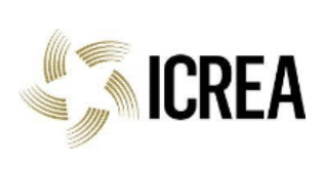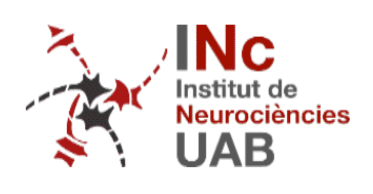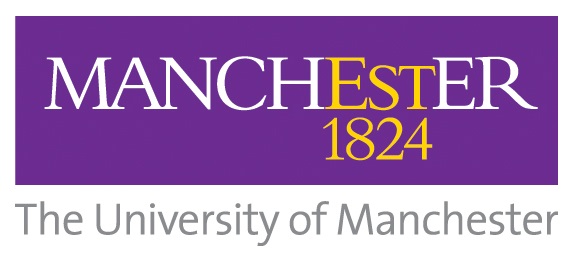PLoS One, 2013, 8 (1), e54754
In vivo cell reprogramming towards pluripotency by virus-free overexpression of defined factors
The ability to induce the reprogramming of somatic mammalian cells to a pluripotent state by the forced expression of specific transcription factors has helped redefine the rules of cell fate and plasticity, as well as open possibilities for disease modeling, drug screening and regenerative medicine. Here, we hypothesized that the nonviral forced expression of the four originally discovered defined factors (OKSM) in adult mice could result in in vivo reprogramming of cells in the transfected tissue in situ. We show that a single hydrodynamic tail vein (HTV) injection of two plasmids encoding for Oct3/4, Sox2, Klf4 and cMyc respectively, are highly expressed in the liver tissue of Balb/C adult mice. Hallmark pluripotency markers were upregulated within 24-48h after injection, followed by down regulation of all major hepatocellular markers. Generation of transcriptionally reprogrammed cells in vivo was further confirmed by positive staining of liver tissue sections for all major pluripotency markers in Balb/C mice and the NanogGFP reporter transgenic strain (TNGA) with concomitant upregulation of GFP expression in situ. No signs of physiological or anatomical abnormalities or teratoma formation were observed in the liver examined up to 120 days. These findings indicate that virus-free expression of OKSM factors in vivo can transcriptionally reprogram cells in situ rapidly, efficiently and transiently, absent of host tissue damage or teratoma formation.








